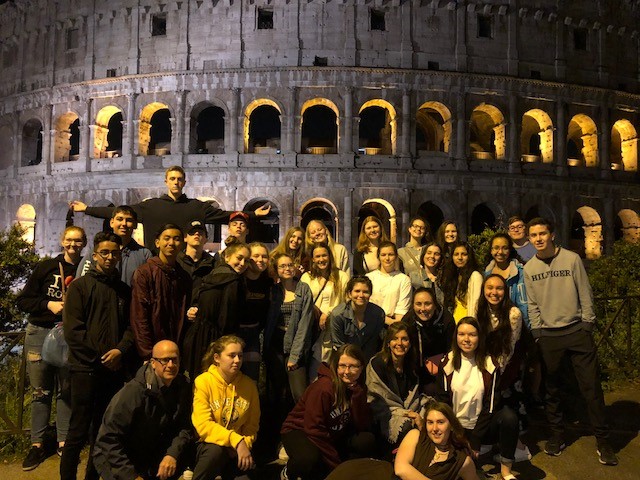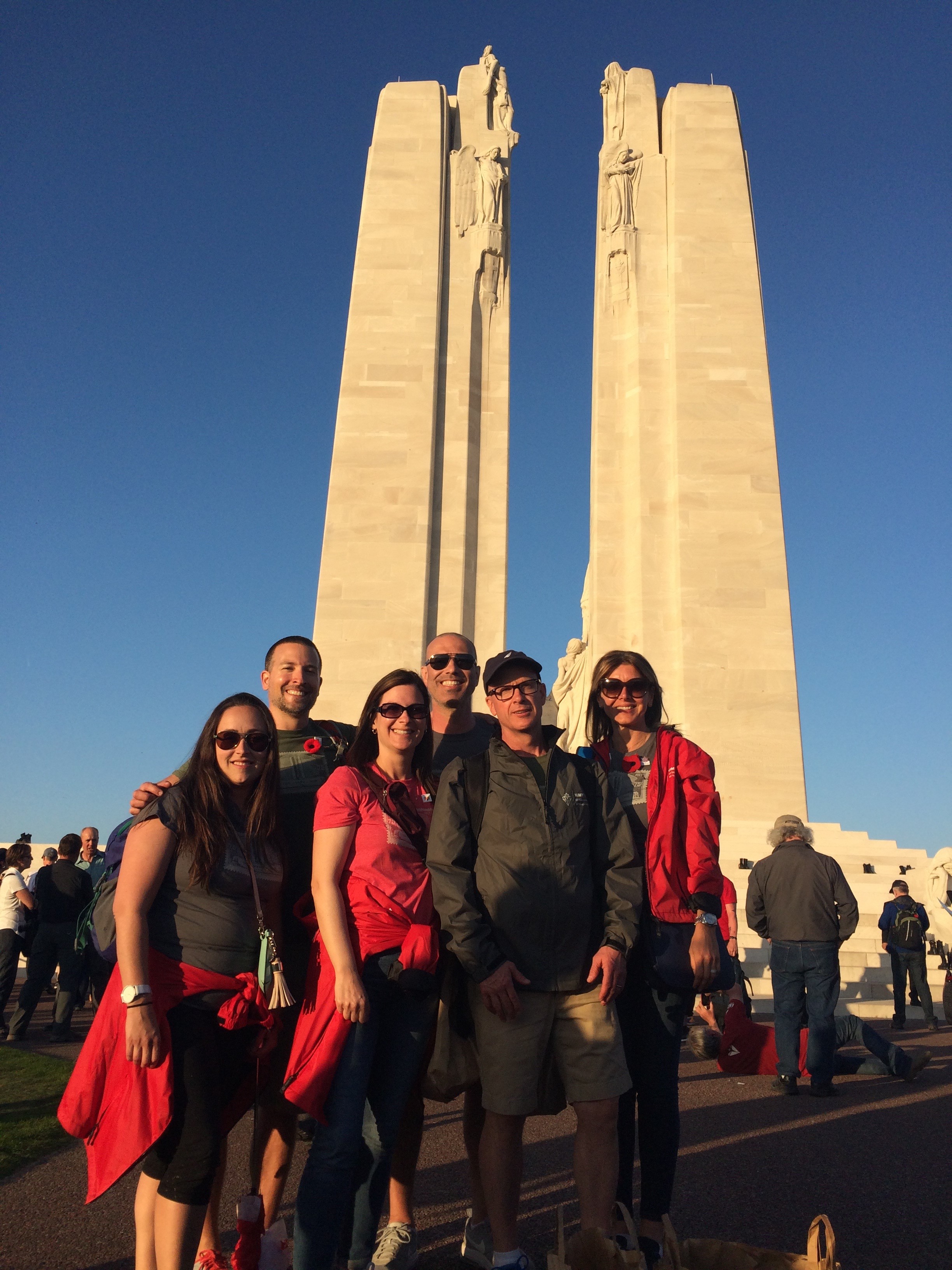The History curriculum recognizes that, today and in the future, students need to be critically literate in order to synthesize information, make informed decisions, communicate effectively, and thrive in an ever-changing global community. It is important that students be connected to the curriculum; that they see themselves in what is taught, how it is taught, and how it applies to the world at large. The History curriculum recognizes that the needs of learners are diverse. It is important that the curriculum helps all learners develop the knowledge, skills, and perspectives they need to be informed, productive, caring, responsible, healthy, and active citizens in their own communities and in the world.

Aurora High History Dept Field Trip to Italy - Rome, May 2018.


Battle of Vimy Ridge 100th Anniversay, History Trip, April 09, 2017
Competent historical thinkers understand both the vast differences that separate us from our ancestors and the ties that bind us to them; they can analyze historical artifacts and documents, which can give them some of the best understandings of times gone by; they can assess the validity and relevance of historical accounts, when they are used to support entry into a war, voting for a candidate, or any of the myriad decisions knowledgeable citizens in a democracy must make. All this requires “knowing the facts”, but “knowing the facts” is not enough. Historical thinking does not replace historical knowledge: the two are related and interdependent.
Peter Seixas, “‘Scaling Up’ the Benchmarks of Historical Thinking” (2008)